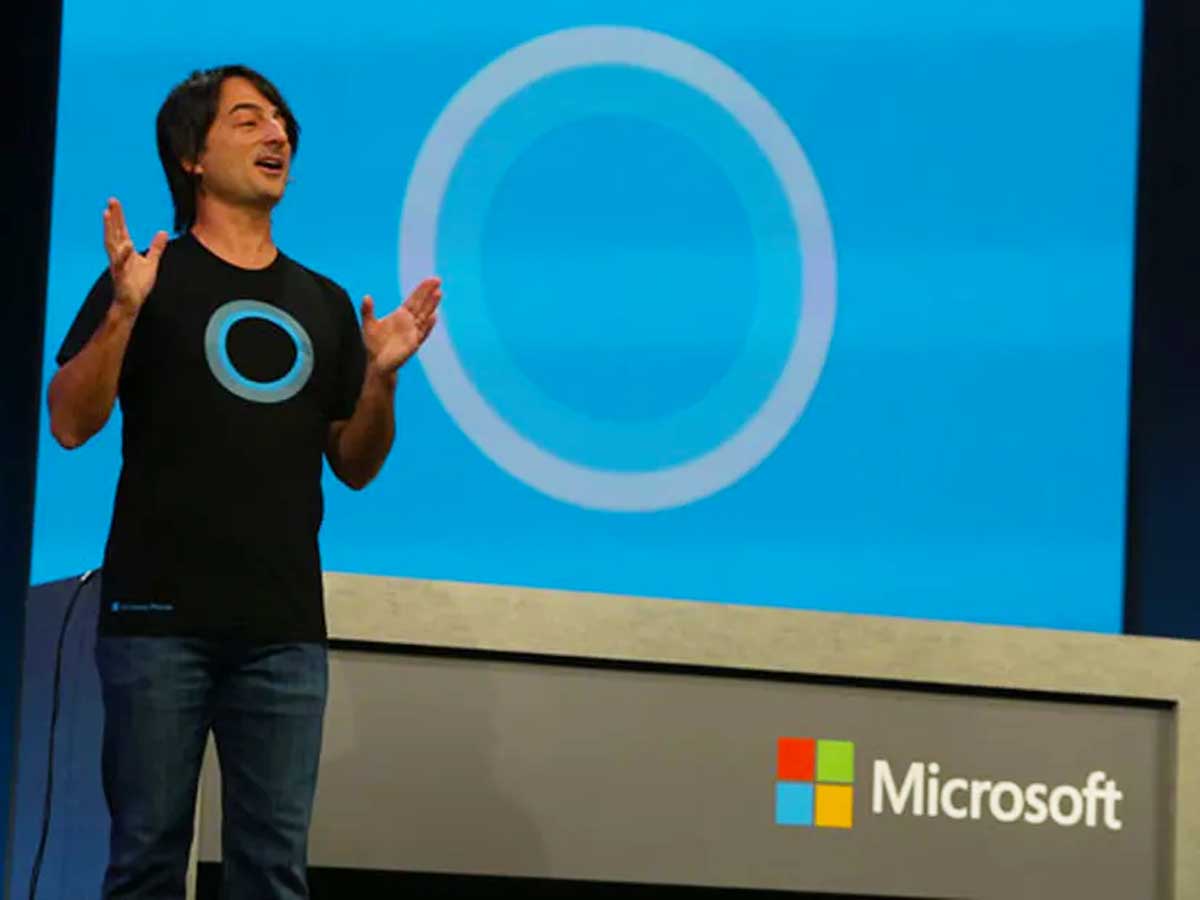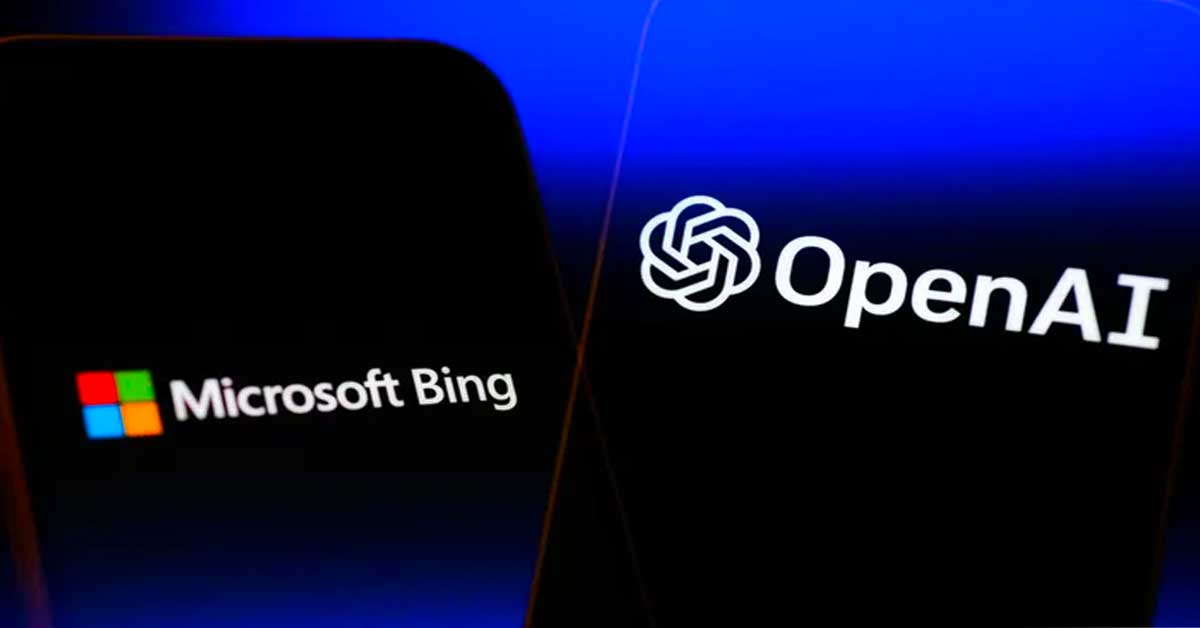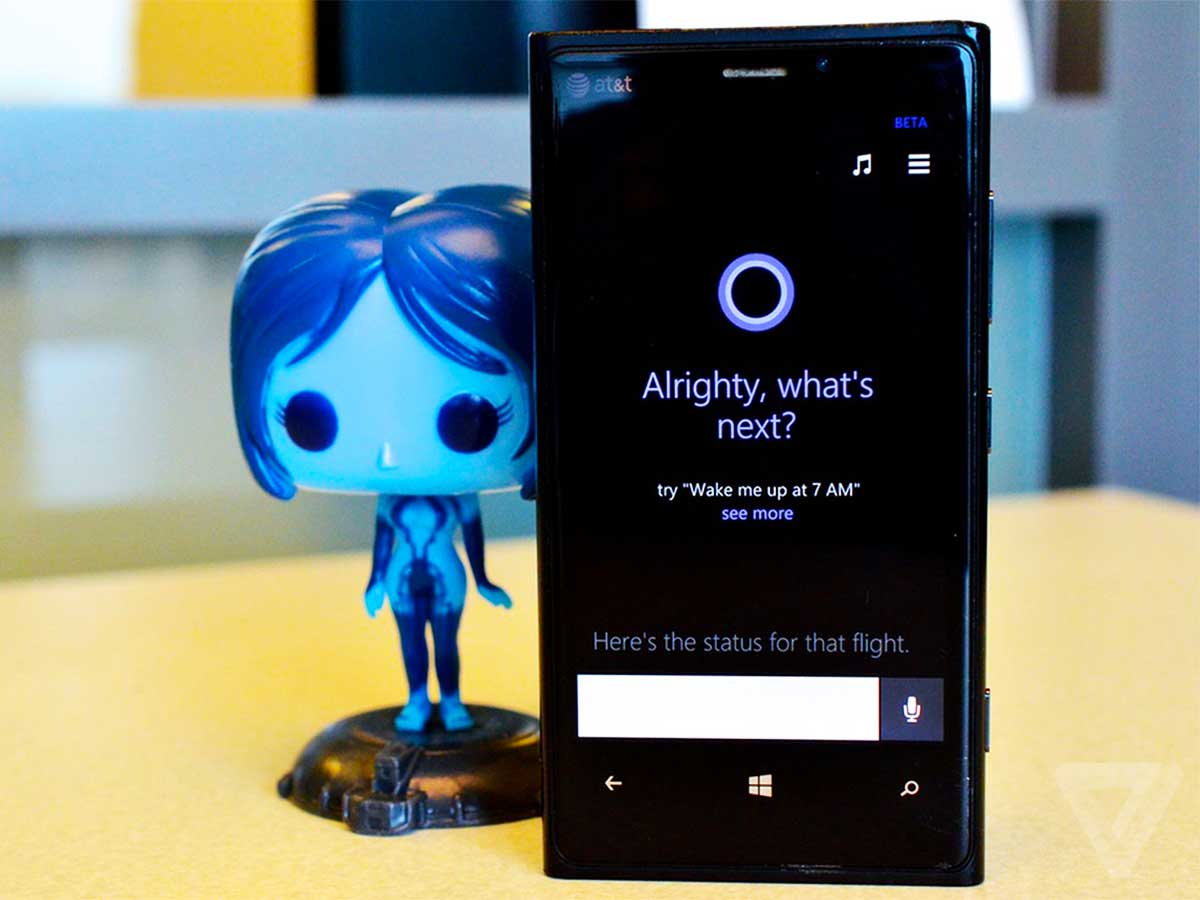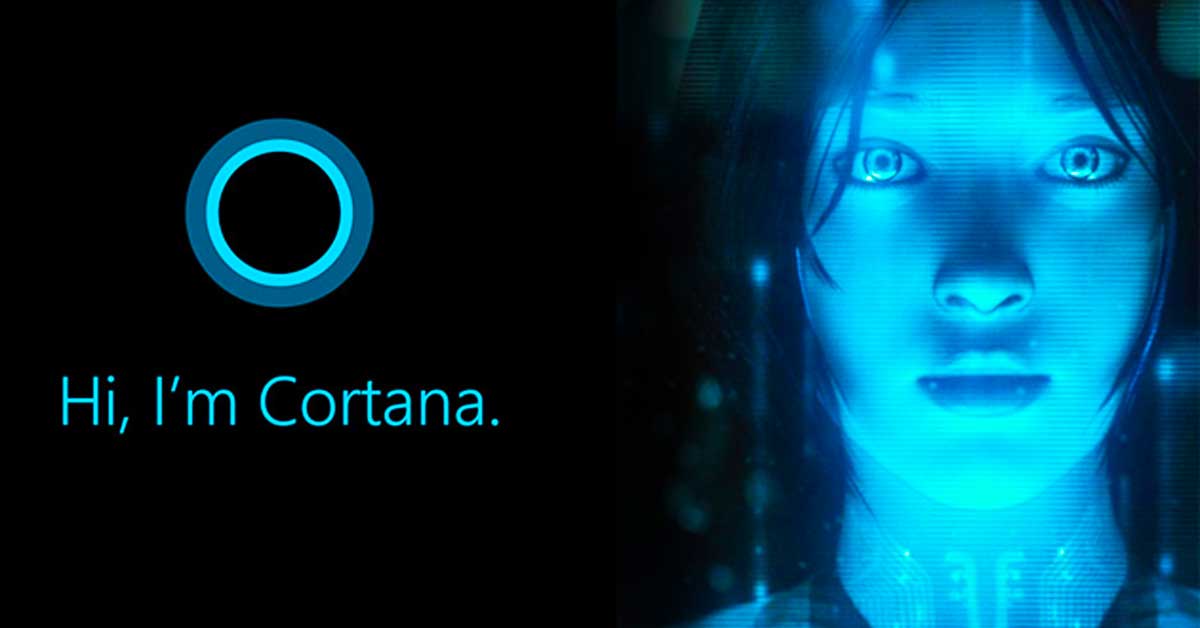Microsoft has discontinued its virtual assistant, Cortana, on the Windows platform. In addition, the standalone Cortana app currently available on PCs will no longer receive support later this year. This move comes as Microsoft explores new AI-driven experiences for Windows users, including the recently introduced Windows Copilot. In this article, we will delve into the details surrounding the discontinuation of Cortana, its history, and the future of AI experiences on Windows.
Cortana first debuted as a virtual assistant for Windows Phone 8.1 in 2014. Intending to rival Apple's Siri, Cortana quickly expanded its reach and became integrated into Windows 10. Over time, Microsoft was extending Cortana's presence across various apps and devices, similar to the current strategy with Windows Copilot.

As the virtual assistant market competition intensified, Microsoft realized that Cortana could not effectively compete with Amazon Alexa. Consequently, the company began to scale back Cortana's integration into Windows. Instead of being a built-in feature accessible from the taskbar, Cortana was transformed into a standalone app on Windows 11. However, it has remained relatively stagnant, with no important updates or new features in recent years.
Recently, Microsoft introduced Windows Copilot at the Build 2023 conference. Despite speculation that Windows Copilot might replace Cortana, Microsoft's Aaron Woodman explicitly stated that the two serve completely different purposes. Windows Copilot and other AI experiences like Bing, Microsoft 365 Copilot, and voice access will continue to be available on Windows 11.

With the discontinuation of Cortana, Microsoft is directing its attention toward leveraging AI in new ways. For example, the company is now emphasizing Bing Chat and Copilot, powered by GPT-4, to enhance user experiences on Windows. By incorporating advanced AI technologies, Microsoft aims to provide users with more efficient and intuitive virtual assistant capabilities.
While Cortana may end on the Windows platform, it still maintains a presence in other Microsoft products. For example, outlook mobile, Teams Mobile, Teams Display, and Teams Rooms still offer Cortana functionality. However, considering the discontinuation of Cortana on Windows, there may be better times to build complex workflows around this virtual assistant.

Microsoft's decision to discontinue Cortana on Windows signifies the company's AI strategy shift. With the introduction of Windows Copilot and other AI experiences, Microsoft focuses on delivering enhanced virtual assistant capabilities to Windows users. As the era of Cortana draws to a close, Bing Chat and Copilot will take center stage, utilizing AI advancements to provide a more intuitive and productive computing experience.
Sources: xda-developers.com / theverge.com













